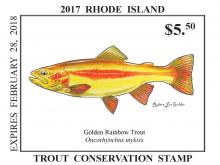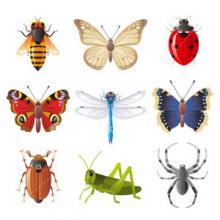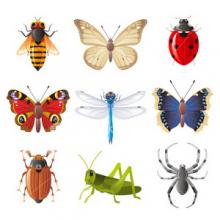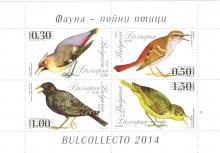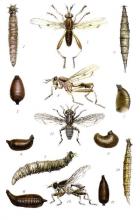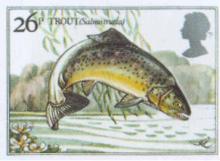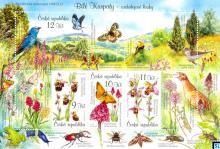Vast reduction in insect numbers indicative of declining nature everywhere
The vast reduction in insect numbers is indicative of generally declining nature everywhere, from birds to elephants, and wildflowers to frogs and toads. There are exceptions, especially with larger and more charismatic species, including otters and peregrine falcons. Generally, though, the trend is downwards. Because all nature is connected the declines in different groups are connected. Thus, fewer insects means fewer insect-eating birds, such as swallows, swifts and skylarks.


